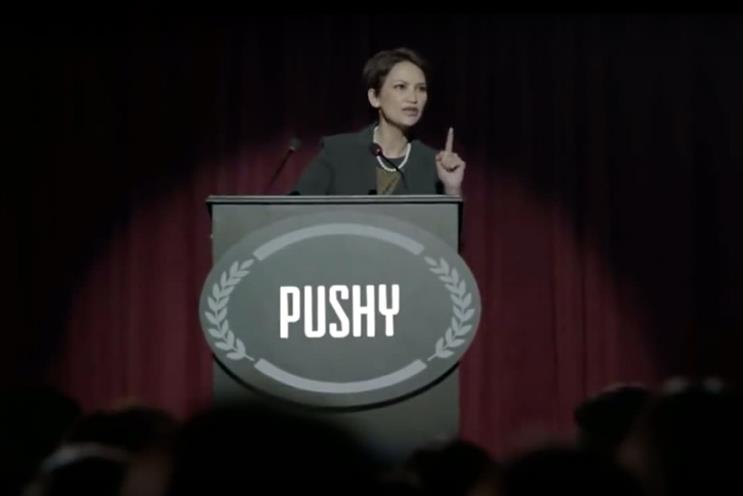
But the study, which was carried out by the Geena Davis Institute on Gender in Media and J. Walter Thompson Company, found almost half (47%) of women felt there was a lack of on-screen female role models and 80% said women should have a louder voice when it comes to cultural influence.
Some 61% of women surveyed said on-screen female role models in film and TV had been influential in their lives and 58% said they had inspired them to be more ambitious or assertive, while one-in-nine say they had given them the confidence to leave an abusive relationship
J. Walter Thompson global planner Rachel Pashley said that any brand wanting to engage women should take heed of the findings and although women are not lacking in advertising, she believes they should be cast in roles beyond the 'mother' stereotype.
Pashley said: "You don’t see a shortage of women on screen in advertising because it is women predominantly controlling consumer spending, but I think what we often see is it is quite a stereotypical view of them as the care giver."
She highlights Pantene adverts in Asia as an example of positively challenging stereotypes by creative being based around the concept of banning the words such as 'bossy' in relation to women. Facebook chief operating officer Sheryl Sandberg has campaigned against the use of ‘bossy’ to describe girls or women because she believes men who demonstrate the same characteristics would be described with a positive adjective such ‘assertive’.
Pashley said: "The Pantene ads tune into the fact that 34% of chief executives in China are female and two thirds of self made female billionaires are Chinese. So women in Asia are really challenging the stereotype of the submissive stay at home mum."
Geena Davis said: "The fact is – women are seriously under-represented across nearly all sectors of society around the globe, not just on-screen, but for the most part we’re simply not aware of the extent.
Research surveyed 4,300 women in nine countries Brazil, China, India Saudi Arabia, South Africa, Russia, Australia, the United Kingdom and the US.
Findings were released to coincide with this year’s Oscars, which has drawn criticisms for its lack of diversity due to no black actors being nominated for a best actor or actress award.


.jpg)


.jpg)